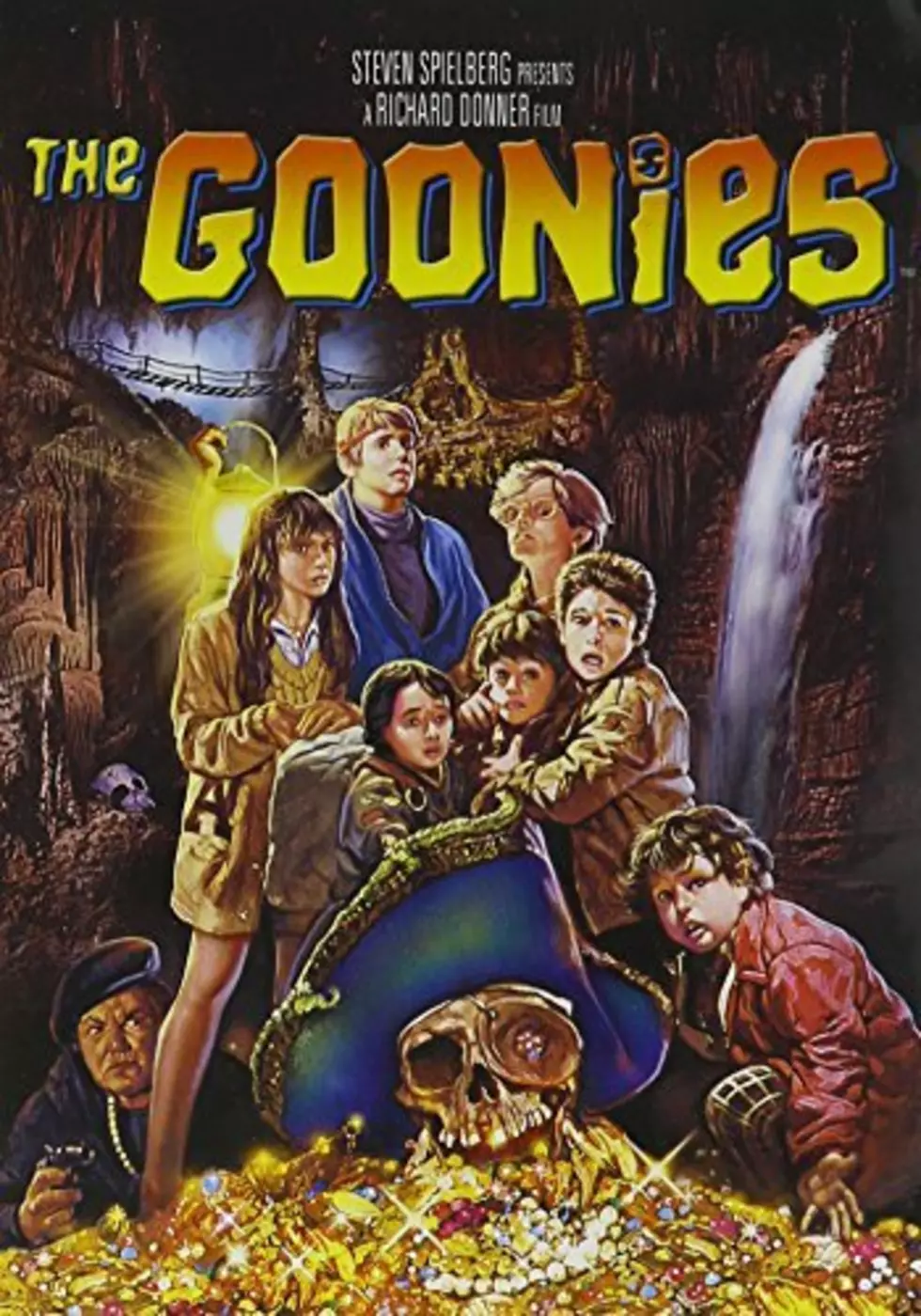20 Years Ago: Matchbox Twenty Meet the World With ‘Yourself or Someone Like You’
The success of Matchbox Twenty's Yourself or Someone Like You was a long time coming for the Florida-bred group. It was released in October 1996 and “Long Day,” the first single from the record, was initially sent to mainstream rock radio where it was a modest hit.
At the beginning of the track, singer Rob Thomas audibly inhales and begins unpacking his story over the initial verse with a lot of words that, in any other song, might have felt over-packed. But with Thomas’ delivery, the way the words came spilling out fit perfectly with the feeling of emotional release that ran throughout the song and Yourself or Someone Like You.
From the earliest days that the album was on the shelves, the band was out on the road, playing relentlessly at clubs and bars, touring early on with fellow baby bands the Cunninghams and Cool for August. As subsequent singles found an audience at radio and television, Matchbox Twenty moved into larger clubs and theaters and, by the end of the touring run, they were playing bigger theaters and even some basketball arenas. The group turned out a strong headlining set that mixed all of the material from the album with a couple of songs that didn’t make the record and a few well-chosen covers, particularly their take on Cyndi Lauper’s “Time After Time.”
Yourself or Someone Like You eventually sold over 10 million copies and, for anybody who had watched the group develop over that time, there was no question that they had earned every record sale. Six songs from the album ended up getting substantial airplay on multiple formats, but nearly 10 years later, the band said that they hadn’t drifted very far from where they began.
"The whole band is still shocked and humble, because early on you just wanna make a record," guitarist Kyle Cook said in a 2003 interview. "We barely thought, 'Wouldn't it be great to make just enough to get to make another record,' let alone how we would feel if we sold 10 million. Any artist hopes that what they do retains some sort of timelessness."
“Push” and “3 A.M.” were the songs that really broke things wide open for the group and made them a household name. The lyrics of “Push” generated a bit of controversy that caught Thomas by surprise at the time. He told Entertainment Weekly in 1997 that he wasn’t aware that lyrics like “I wanna push you around / I wanna take you for granted” might be taken the wrong way by some people. An ex-girlfriend claimed that their relationship had inspired the song and she felt like she was entitled to a piece of the pie. Thomas called her an “ingredient” in the songwriting process, but said that there were plenty of other people who had also been a contributing factor, joking that “I’m not gonna pay my third grade teacher who gave me s--- about not returning Green Eggs and Ham.”
“3 A.M.” is a song that’s still a cornerstone for Thomas as an artist all of these years later and it’s still a staple in his live set when he plays solo shows.
"The fans really want it, but I share that sentiment. It was the first song I ever wrote that I liked," he said. "It was the reason I started writing songs about my life and it was the first song I thought other people would want to hear. It was a song about my mom having cancer ... It feels like my flagship song, like that’s the song that started it all for me."
In 2015, Thomas reflected back on his rise to popularity, calling it a “really long overnight success.” And in a 2016 conversation, he revealed that the material was penned quickly after he realized that members of his previous band owned a percentage of the songs he had already written.
“I went and wrote the whole first record, Yourself or Someone Like You, in the five- or six-month period before we recorded it,” he told the A.V. Club. “So that was kind of like my second record in a way, and it was just a writing spree, like get it out, get it out, get it out, get it out, and get it all down. Then we as a band went into a storage shed and brought our gear in there. For a month we just played it over and over and over and over, so that when we went in the studio we were ready and prepared, because it was a whole different world for us.”
In the long run, he ended up being grateful that he had to hit that reset button.
“If I had not done that, I would have used [that first set of] songs and thought they were really great, and they weren’t, and these songs are much better, and maybe that first record wouldn’t have sold 15 million records,” he says. “So, I should really thank those guys for taking advantage of me, because it put me in a position where I had to work harder.”
The Top 100 Albums of the '90s
More From










